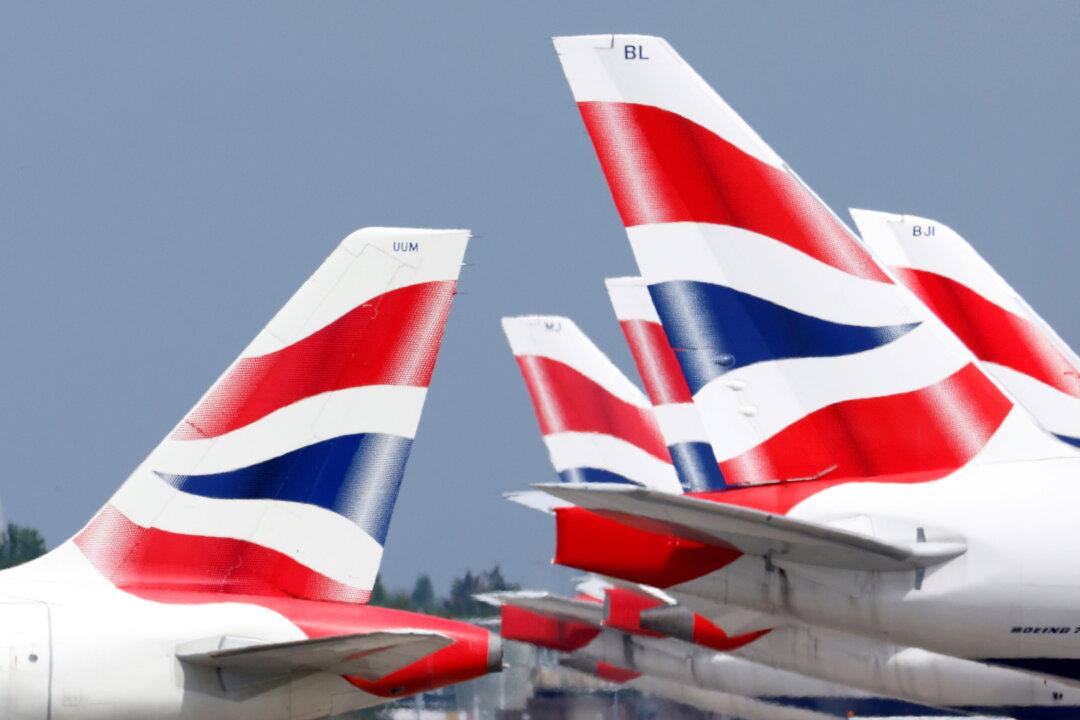The impact of travel restrictions on the spread of CCP (Chinese Communist Party) virus variants is “very limited,” a new study has shown.
Governments are not able to implement travel restrictions quickly enough for them to be effective in limiting the spread of new COVID-19 variants, said a Jan. 21 report by Edge Health and Oxera, a specialist research consultancy that works with Britain’s National Health Service (NHS).





